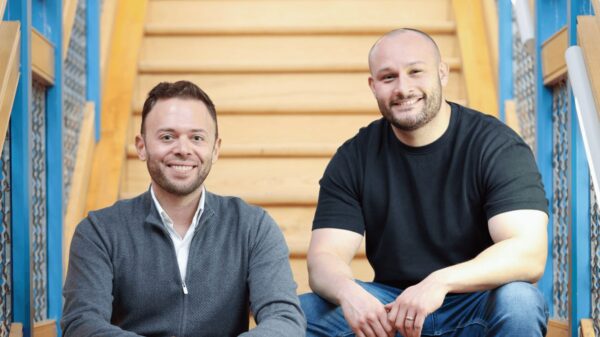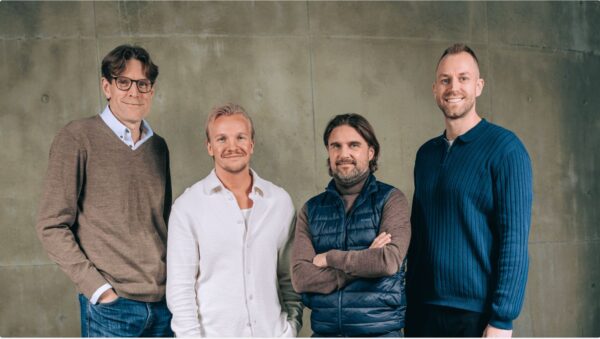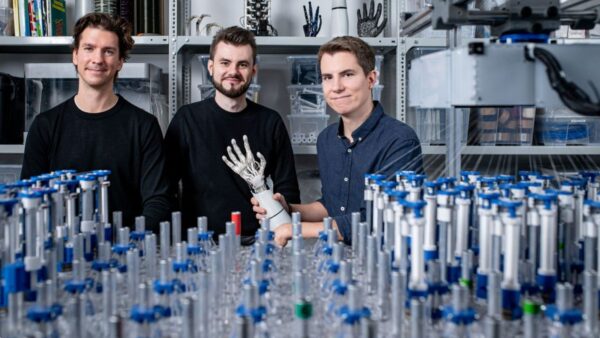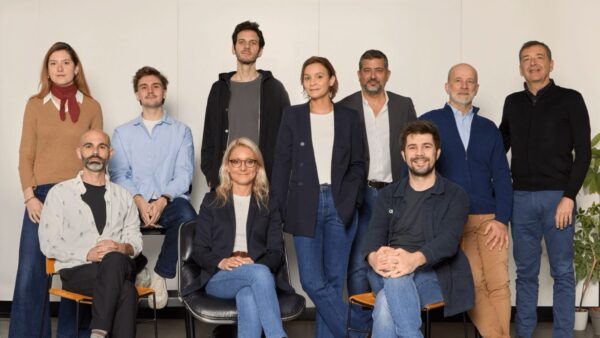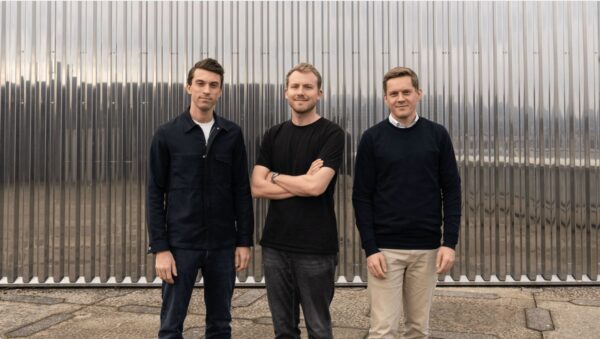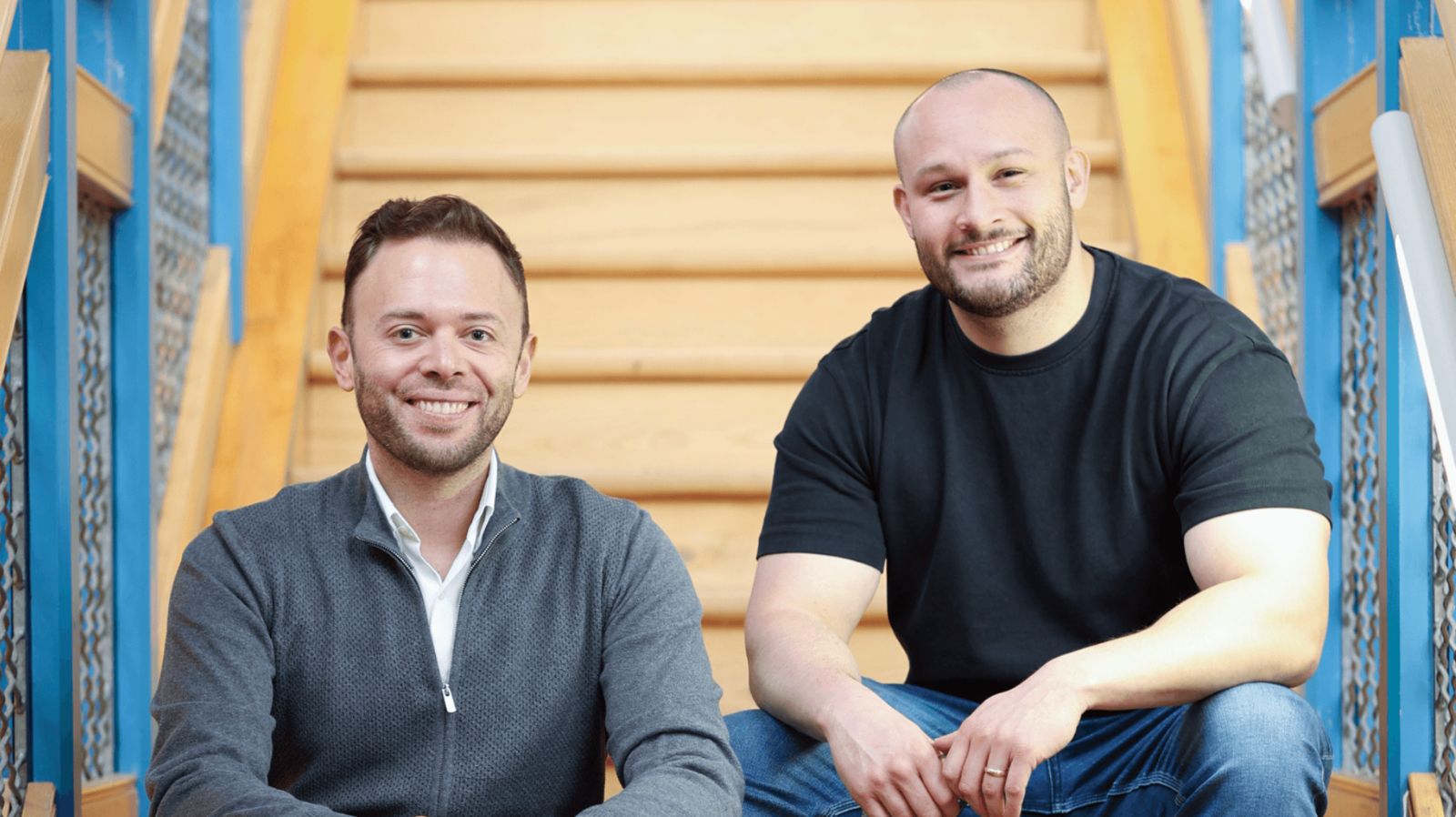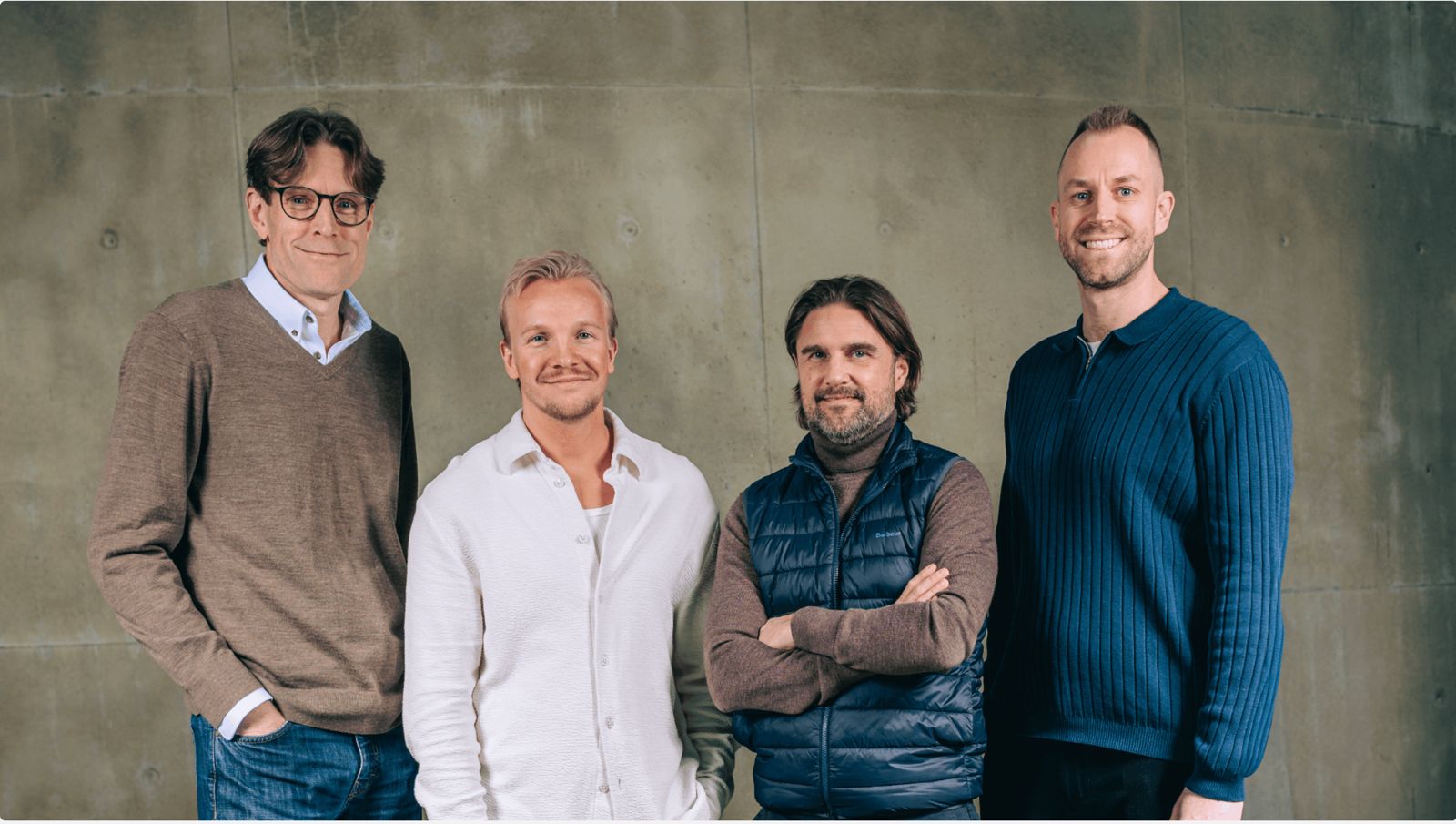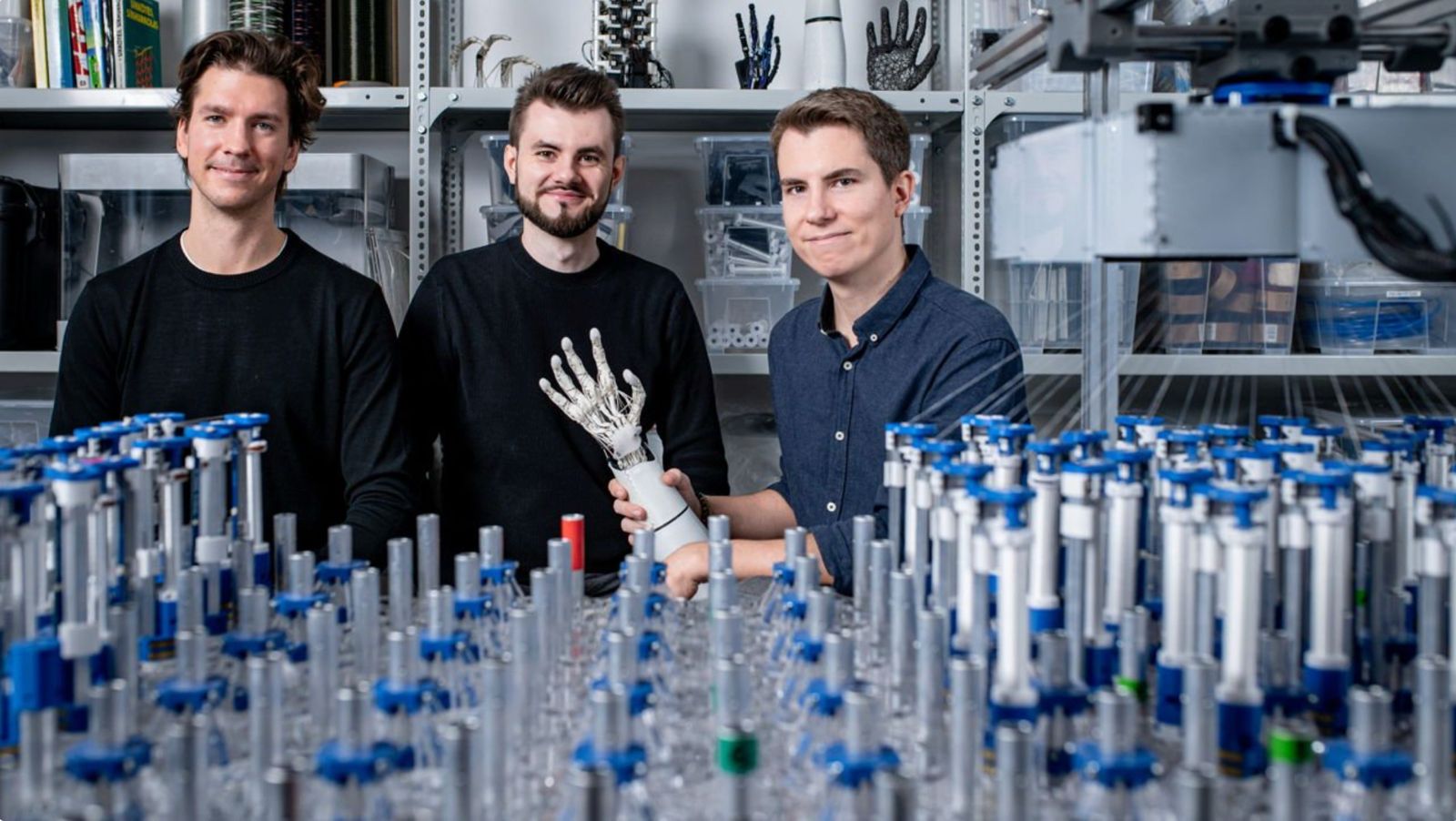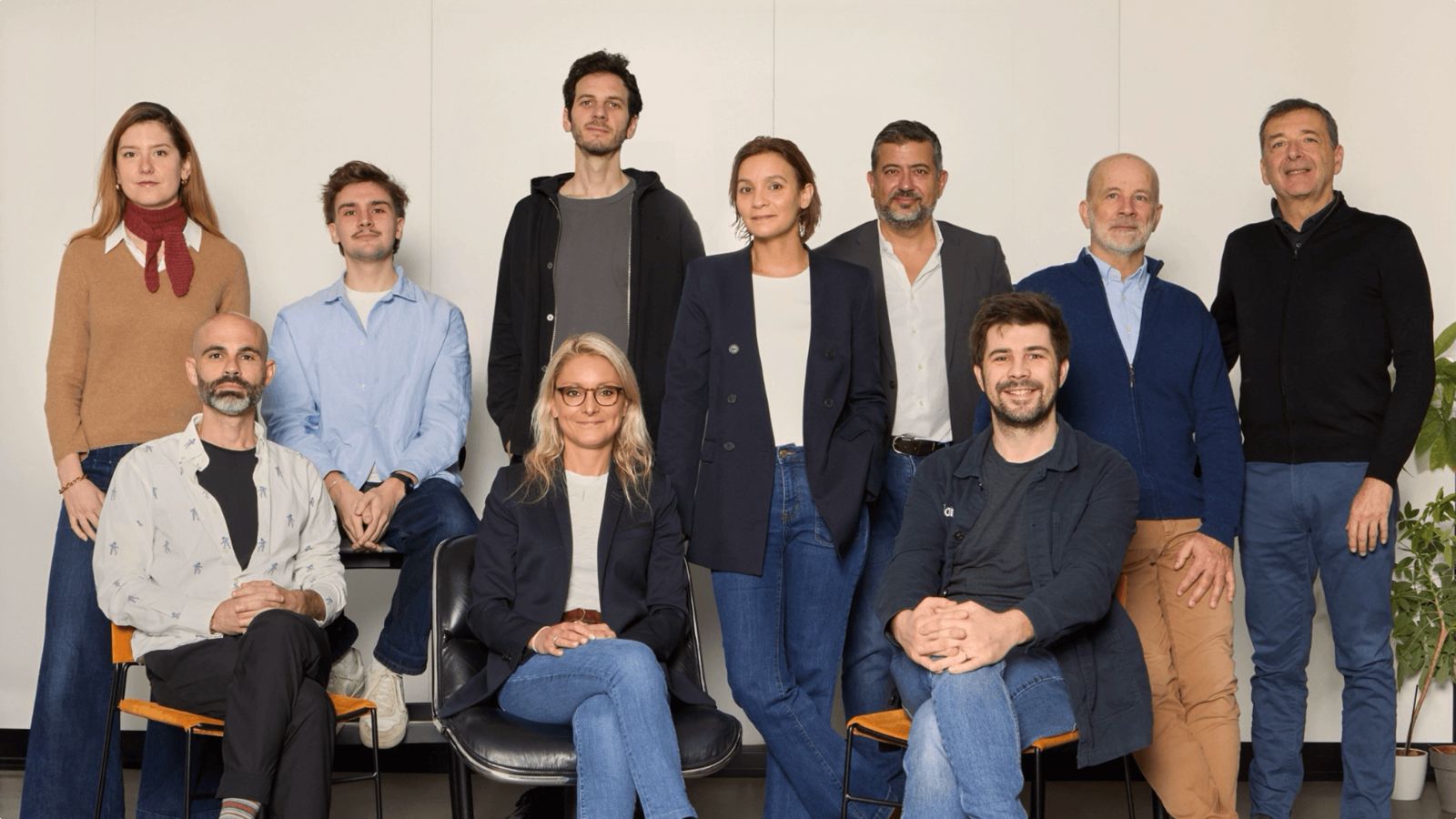Headquartered in Austin, Texas, Avride has secured a transformative strategic commitment of up to $375 million from lead backers Uber Technologies, Inc. and Nebius Group N.V. to accelerate its shift from sidewalk-delivery robots toward fully autonomous ride-hailing services. The agreement builds on an existing multi-year commercial partnership and sets a bold target: launch of Avride’s robotaxi service via Uber’s platform in Dallas by year-end 2025.
Avride’s dual-platform strategy combines self-driving cars and delivery robots built on shared technology. While its robots have already fulfilled orders through Uber Eats in Austin, Dallas and Jersey City, the new funding will expand its fleet, boost its AI-driven product development and accelerate geographic footprint. Dmitry Polishchuk, CEO of Avride, said: “At Avride, we have a clear vision and a strong plan to make autonomous transportation an integral part of everyday life. We are thrilled to have world-class partners like Uber who share this vision and continue to support us.”
Arkady Volozh, founder and CEO of Nebius Group, emphasised the importance of the partnership: “We’re delighted to welcome Uber as a strategic investor that shares Avride’s vision and will enable the company to move further and faster in pioneering AI-driven autonomous transportation.” Sarfraz Maredia, Global Head of Autonomous Mobility & Delivery at Uber, added: “We’re excited to continue deepening our partnership with Avride and look forward to introducing their impressive autonomous driving technologies to more people in more markets.”
The investment marks a milestone for Nebius as well. Nebius, which builds full-stack AI infrastructure, is backing Avride as a strategic deployment of its autonomous driving arm. For Uber, the injection reinforces its ambition to own more of the autonomous mobility stack through strategic investments rather than just partnerships.
Editorial Perspective
Avride’s latest capital commitment underscores a broader shift in autonomous mobility: the industry is moving past “experiment” to “scale-up and monetise.” With delivery use-cases increasingly proven, the push toward robotaxis represents the next frontier—yet it demands deeper pockets, regulatory alignment and operational sophistication. The $375 million backing suggests Avride may be among the early contenders to carve a commercially viable autonomous ride-hailing business.
However, the ambition comes with heavy lift. Integrating robotaxi services via Uber’s platform in Dallas by end-2025 will require not just fleet deployment but safety credentials, urban regulatory approvals and consumer trust. The path from deployment in a controlled delivery environment to full passenger transport requires a leap in complexity. Avride’s dual focus—leveraging delivery-robot data to inform autonomous-car launch—could serve as a competitive edge if executed well.
In the wider industry context, Avride’s funding also signals how infrastructure players (like Nebius) and platforms (like Uber) are aligning around mobility ecosystem bets. If Avride can deliver on its goals, it may not only advance its own business but also validate a new model where autonomous mobility is built jointly—combining engineering, operations and platform distribution. The prize? A meaningful stake in how people, goods and services move in cities of the future.
If you need further assistance or have any corrections, please reach out to editor@thetimesmag.com.
www.thetimesmag.com

